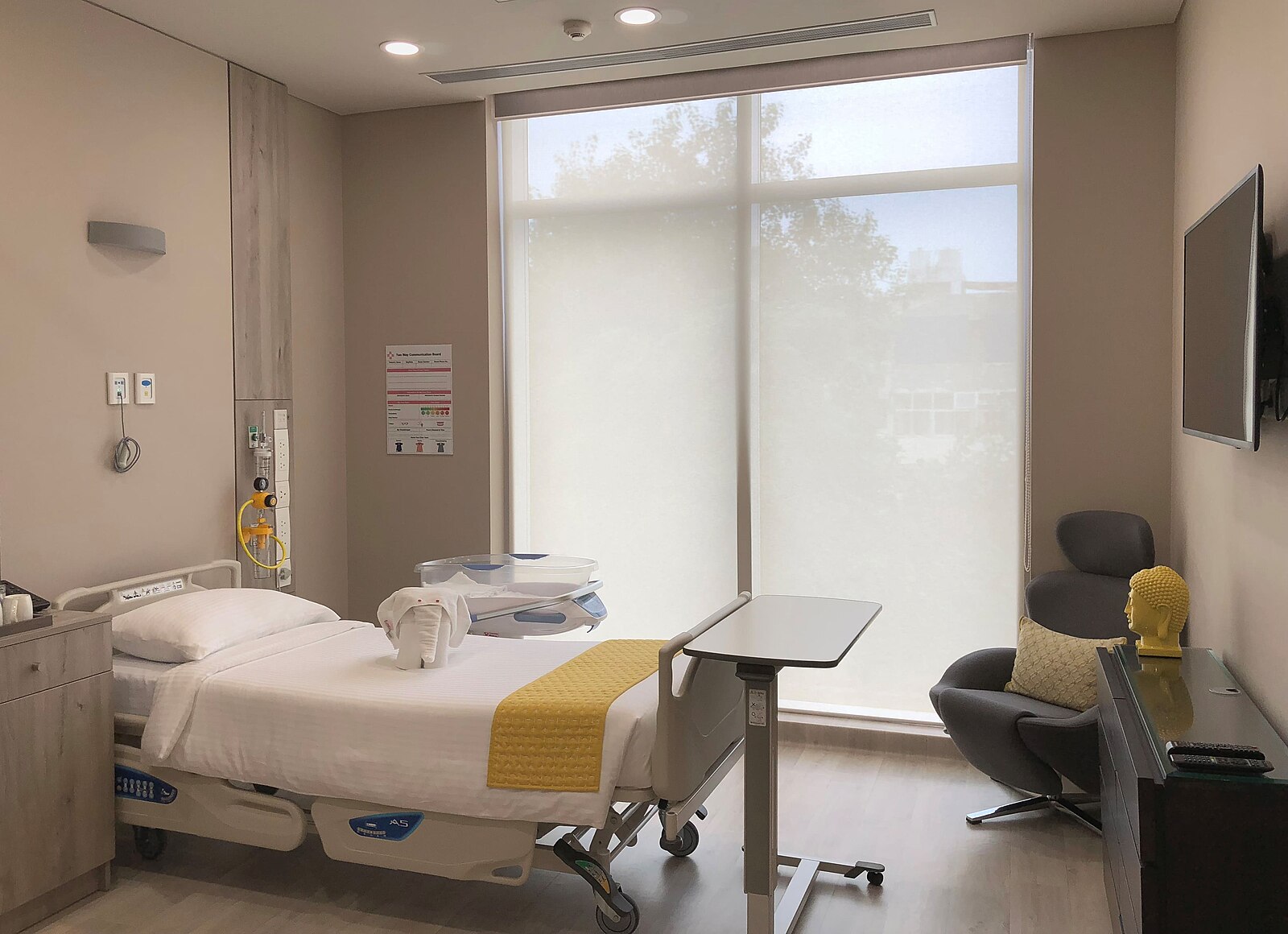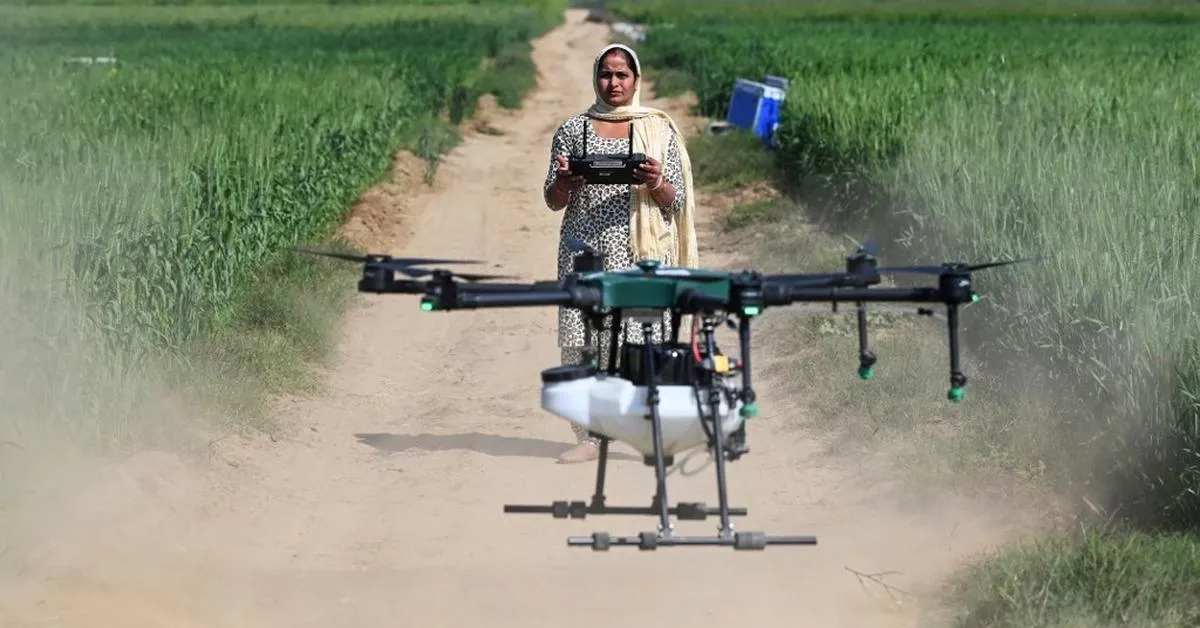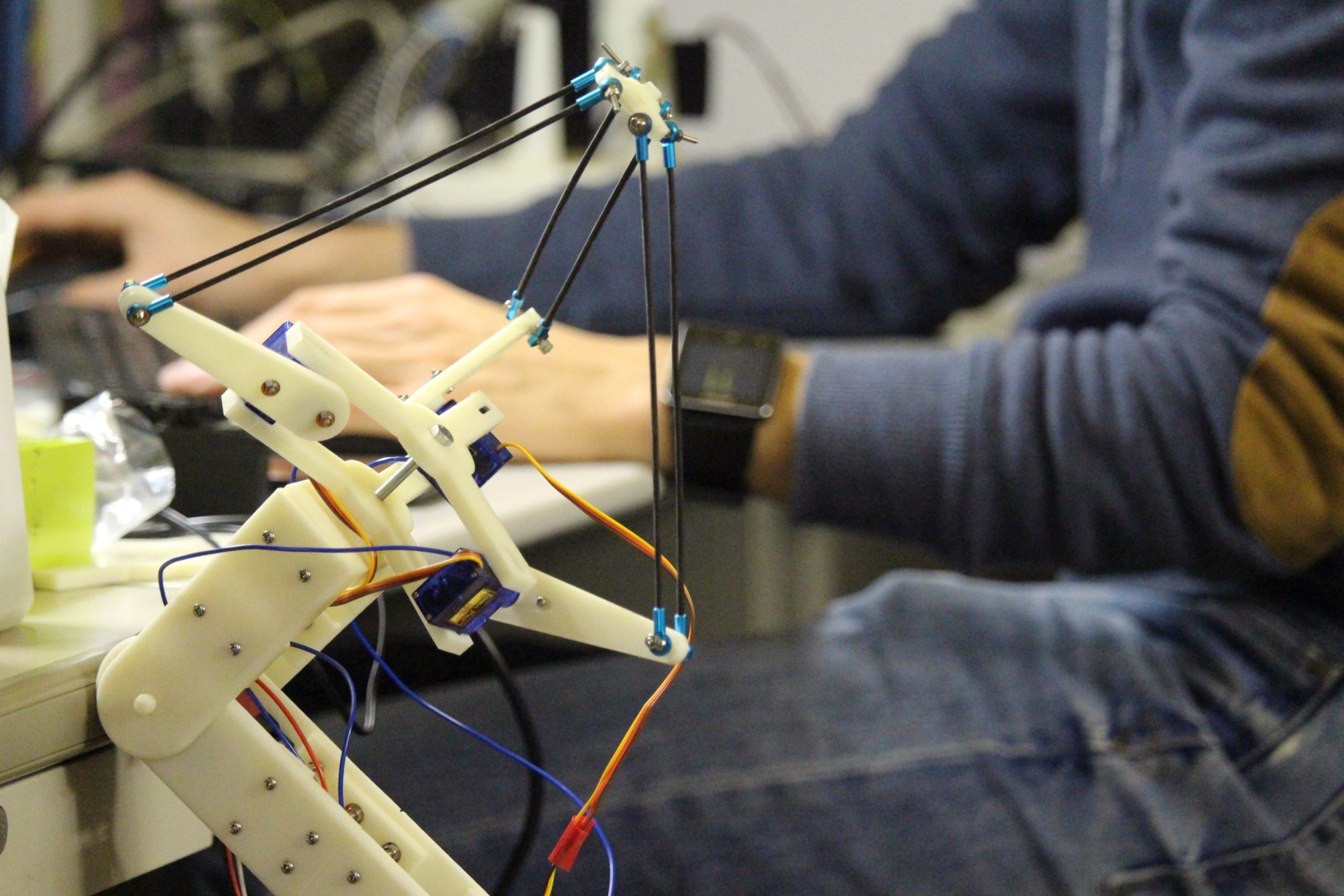Transforming Indian Healthcare: Lessons from Dozee’s AI-Powered Implementation
India’s healthcare system faces persistent challenges—overburdened hospitals, limited critical care infrastructure, and a shortage of skilled personnel. The deployment of AI-driven health monitoring technologies, such as Dozee’s contactless mattress sensor, offers a pragmatic response to these systemic gaps. By leveraging advanced nano-sensors and deep learning algorithms, Dozee transforms ordinary beds into smart ICUs, enabling real-time, non-invasive monitoring of vital signs. Its success story provides valuable insights into how AI can be effectively implemented in resource-constrained environments, driving both clinical and operational improvements.
Contextual Design: Meeting India’s Unique Healthcare Needs
Dozee’s technology is tailored for India’s diverse and often under-resourced healthcare landscape. Its contactless, non-intrusive design is particularly suited for elderly, bedridden, or critically ill patients who may resist wearable devices. The affordability factor—Dozee is reportedly ten times less expensive than conventional ICU monitors—makes it accessible for public hospitals, rural clinics, and home care settings. Importantly, the system requires no infrastructure overhaul, integrating seamlessly with existing beds and mattresses. This plug-and-play approach addresses the fragmented nature of India’s healthcare facilities, where upgrading infrastructure is often cost-prohibitive.
A real-world example is the adoption of Dozee in over 280 hospitals across India, including district hospitals in Karnataka and Maharashtra. During the COVID-19 pandemic, these deployments enabled continuous monitoring of more than 14,000 patients, providing early warnings for silent hypoxia and reducing preventable fatalities. The technology’s ability to send over a million health alerts to families has also empowered home-based care, particularly for elderly and chronically ill patients.
Operational Impact: Alleviating Workforce and Infrastructure Pressures
India’s healthcare workforce is stretched thin, with only one doctor per 1,511 people. Dozee’s AI-powered system automates routine vital sign monitoring, reducing nurse workload by up to 40%. This operational efficiency is critical in both urban tertiary hospitals and rural health centers, where staff shortages are acute.
Pilot programs in Karnataka’s COVID-19 care centers and geriatric wards have demonstrated that AI-generated alerts can be integrated into clinical workflows with minimal training. Nurses and doctors receive actionable notifications 6–8 hours earlier than traditional manual checks, enabling timely interventions for sepsis, cardiac events, or respiratory distress.
Policy Integration and Institutional Partnerships
The successful scaling of Dozee’s technology is closely linked to supportive policy frameworks and institutional collaborations. State governments in Karnataka and Maharashtra have piloted Dozee in public hospitals, demonstrating feasibility for broader integration into the public health system. Partnerships with telemedicine platforms, such as eSanjeevani, have expanded the reach of AI monitoring to remote and underserved populations, allowing doctors to intervene proactively based on real-time data.
Nationally, the IndiaAI Mission and the National Digital Health Mission (NDHM) provide a policy backbone for digital health innovation. The NDHM’s Health ID system, for example, can be linked with Dozee’s data streams, enabling longitudinal patient records and holistic care. The Digital Personal Data Protection Act, 2023, further ensures that sensitive health data is managed securely and ethically.
Regulatory and Data Governance Challenges
Despite promising results, scaling AI health monitoring nationwide faces regulatory and interoperability hurdles. India currently lacks a dedicated regulatory pathway for AI medical devices, creating uncertainty for innovators and healthcare providers. Data privacy remains a concern, particularly as AI systems generate and transmit sensitive patient information.
The Indian government is actively addressing these gaps through evolving AI governance guidelines under the Ministry of Electronics and Information Technology (MeitY). The Digital Personal Data Protection Act, 2023, establishes foundational data rights and responsibilities, but further clarity is needed on device validation, clinical integration, and cross-platform interoperability.
Expert Perspectives: Indian Voices on AI Health Innovation
Indian experts have been instrumental in shaping the discourse around AI-driven health monitoring. Dr. Randeep Guleria, former Director of AIIMS Delhi, notes, “AI-powered continuous monitoring bridges critical gaps in patient surveillance, especially where human resources are stretched thin.” Prof. Manish Gupta of IIT Bombay highlights the importance of ongoing algorithm refinement to ensure accuracy across India’s diverse populations.
—
By examining Dozee’s implementation journey, Indian policymakers, healthcare providers, and innovators gain a blueprint for leveraging AI to address systemic healthcare challenges. The convergence of contextual design, operational impact, policy integration, regulatory clarity, and expert engagement will determine the future trajectory of AI-powered health monitoring in India.














